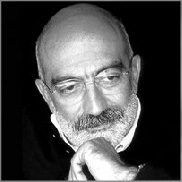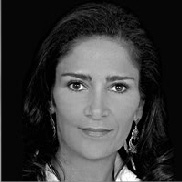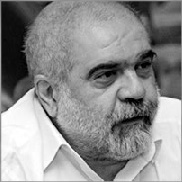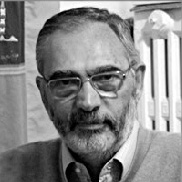







Rakel Dink became involved in human rights activism following the tragic assassination of her husband, the prominent Turkish-Armenian journalist and founder of Agos newspaper, Hrant Dink.
Born to an Armenian family in Silopi, southeastern Turkey, Rakel moved to Istanbul with tens of kids from Anatolia in order to receive education in Armenian Schools. She met with Hrant Dink at Camp Armen, where Armenian children orphans or those away from their families would spend their summers. Rakel and Hrant got married and became managers at Camp Armen in the following years until the property was seized by the state.
Following the death of Hrant Dink in January 2007, Rakel devoted her life to preserving her husband’s legacy. She established the Hrant Dink Foundation in 2007, with a mission to protect and uphold human rights in Turkey, preserve the identity and culture of minorities, address polarization, and normalize Turkish-Armenian relations. Rakel continues to be an optimist and maintains that despite the various challenges that she was forced to overcome throughout her life, she has been surrounded by love and kindness. She is hopeful for the future of Turkey and finds joy in her work and her family.
